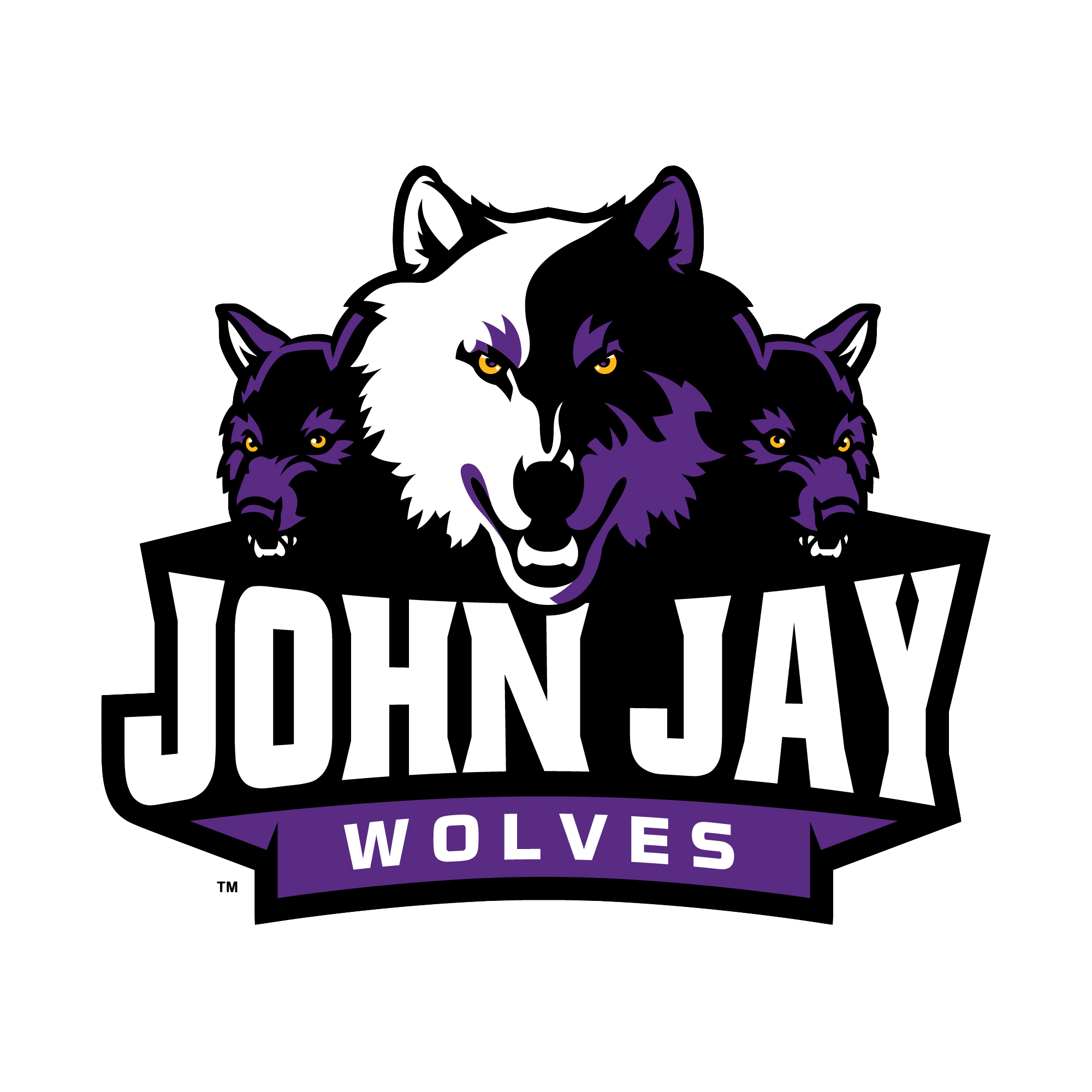Resources For Students With Disabilities
Types of Programs
A number of colleges have established structured programs to provide support for students with learning disabilities, ADHD, and/or other disabilities. These programs provide a variety of services that are designed to assist students in the college environment. The programs can be particularly helpful for those students in need of extra assistance in making the transition from high school to college.
While it might make things more challenging, a disability shouldn’t stand in the way of getting a college degree. These days, it’s easier than ever for special needs students to find the help they need, as more and more institutions work to understand their disabilities. Doing so allows them to provide better programs that can make the transition into college life much smoother. Students with a wide range of special needs, from learning disabilities to hearing impairment, can find schools with amazing programs that offer support, tutoring and special courses designed to make everything less stressful for enrollees and parents alike.
Programs:
(source: The K&W Guide to College Programs & Services for Students with Learning Disabilities or Attention Deficit/Hyperactivity Disorder)
Structured Programs:
Schools that have specific programs for students with LD/ADHD that go beyond the mandated services. These services might include special admissions procedures, specialized and trained professionals, compensatory strategies, one-on-one tutoring, additional fees, compulsory participation, and monitoring.
Coordinated Services:
Schools that have some involvement with admissions decisions, voluntary participation, more than just mandated services, small or no fees, and less structure.
Basic Services:
Schools that comply with Section 504 mandates that rarely have specialized LD staff, do not have monitoring, and are totally dependent on student self-advocacy.
